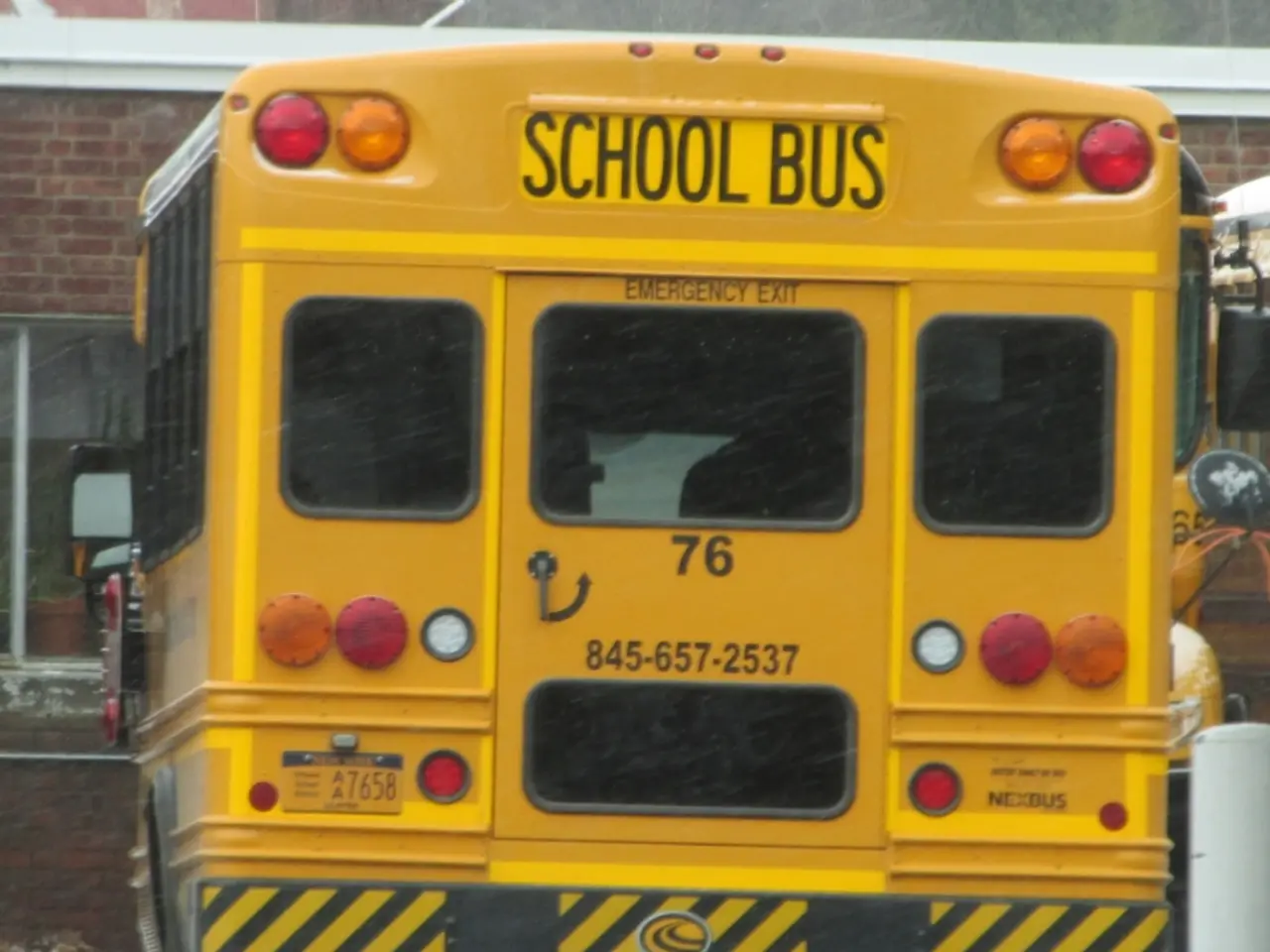Impact of Potential TikTok Restrictions on Educational Settings
The United States President, Joe Biden, has signed a law that could potentially ban the popular social media app TikTok within twelve months if it is not sold by its Chinese-owned technology company ByteDance. This decision has sparked a wave of discussions about the impact of such a ban, particularly in the realm of education and culture.
TikTok is widely used in classrooms for instruction and learning by both students and teachers. It serves as a driver of culture among middle and high school students, and educators use it for idea sharing, building community, and learning. However, the app's role in culture formation could be affected by a ban. Erik Ofgang, an author and adjunct professor, believes that losing TikTok will be significant for those who find it useful.
The use of TikTok and other social media sources has both advantages and challenges. On one hand, they provide a platform for students to conduct personal research, such as discovering new recipes, destinations, and learning solutions to math problems. On the other hand, they can cause harm to children, including bullying, the disinhibition effect, and sleep deprivation. The former president Teddy Roosevelt's quote, "Comparison is the thief of joy," highlights a challenge children face on social media: constant pressure to be on top of their game.
A TikTok ban in schools could reduce distractions and exposure to harmful content. However, experts emphasize the need for comprehensive media education, parental involvement, and teaching digital competencies to help children use phones and social media responsibly within and beyond school settings. A cognitive scientist turned TikTok star offers learning tips for educators on the platform.
Carl Hooker, an education consultant, predicts that users will gravitate toward YouTube Shorts or Instagram Reels to satisfy their desire for short-form videos in lieu of TikTok. Todd Dugan, a superintendent, believes that a TikTok ban will not have an impact and will simply be replaced by another app. However, Erik Ofgang also suggests that communities that have formed on one platform may not necessarily migrate to other platforms when one closes.
The law's implementation could be met with legal challenges and other delays, preventing an immediate disruption of the app. The TikTok ban presents an opportunity for education stakeholders to reevaluate the use of social media technologies. Banning TikTok could have an impact on the platform's role in culture formation, but the long-term solution lies in managing social media and minimizing its disadvantages.
Read also:
- Understanding Hemorrhagic Gastroenteritis: Key Facts
- Trump's Policies: Tariffs, AI, Surveillance, and Possible Martial Law
- Expanded Community Health Involvement by CK Birla Hospitals, Jaipur, Maintained Through Consistent Outreach Programs Across Rajasthan
- Abdominal Fat Accumulation: Causes and Strategies for Reduction







